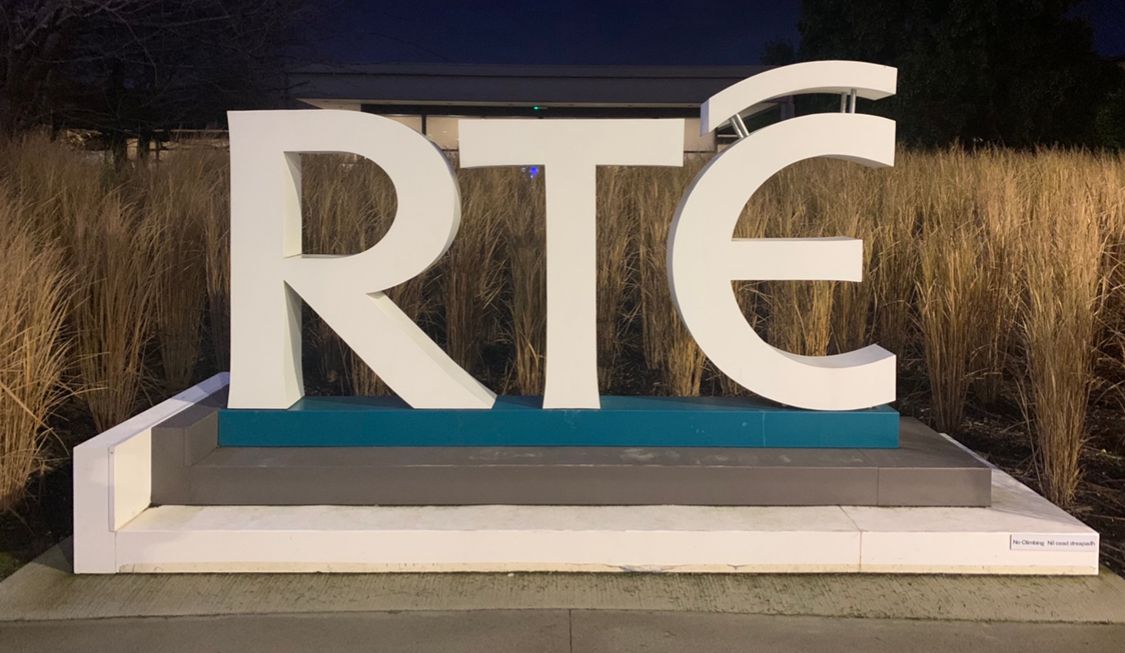The Gist: Public Service Broadcasting, the red herring edition
RTÉ is running a survey, Australia is shaking down Google and Facebook on behalf of Rupert Murdoch and the Government is having a consultation. But first, this is the Gist.

The world is continuing on much as before, but moreso, so it might be worth paying a small moment’s attention to a thing that is never quite topical but is still significant all the same- What on earth is Public Service Broadcasting and why should we care about it?
In Ireland, the idea of public service broadcasting was, for decades, simply another way of discussing RTÉ. It was the only TV station broadcasting, it was the dominant Radio broadcaster, it was the only real speech (as opposed to pop music) broadcaster with national reach.
This has led politicians and broadcasters alike to fall into a habitual rut of immediately transforming any discussion of Public Service Broadcasting into a discussion of the thing RTE wants to talk about, which is the TV Licence Fee. This is traditionally countered with the Presenter Salary Gambit.
The problem with that particuar topic pairing is that it perennially misses the point. RTÉ’s funding model is structually misconcieved for producing either commercial profits or public service broadcasting and in chasing both it frequently succeeds at neither.
Bluntly, you can have a public funded model or an advertising model, but you can’t have Irish public service broadcasting (with its inherent lack of commerciality and high costs) reliant on advertising money in a world where TV advertising is structually dying.
(If you want to know how long this has been clear as day to anyone with eyes in their head to see, I happen to have recently republished a 50 year old book demonstrating this exact point.)
RTÉ is lobbying to widen the net for the TV Licence- to capture households where, currently, you can watch its output, but on a device that isn’t a TV and so you aren’t required to pay a Licence fee.
The Government actually flirted with this in 2009, in the Broadcasting Act (see the wide definition of television set in Section 140) before the Minister hastily issued a follow up Statutory Instrument exempting anything that wasn’t an old style TV on a stand or the wall from the Act.
The reality of introducing and enforcing an annual tax on smartphones came crashing in hard and fast.
If you’ve ever wondered why the RTÉ Player was an unwatchable train crash, while every other channel, from TG4 to Channel 4, could deliver a streaming platform without the angst, consider this observation by RTÉ’s Director General
RTÉ says that “11% (and growing) of households” don’t pay the TV licence because they don’t have a television, but can still watch RTÉ programmes on the RTÉ Player.
“This means a further loss of €20 million in public funding annually,” it said.
The better the RTÉ Player is, the fewer TV Licence fees RTÉ fears it will get.
It is a perverse commercial incentive to sabotage the station’s future to hoard a dwindling income stream.
In the end, the argument won’t be won on cheeseparing lower collection fees from An Post or on trying to force people used to watching their iPads to buy a TV.
A TV Licence is a relic from a time when owning a TV was a mark of high income. If we extend it to be, in effect, a household or poll tax we have introduced a new regressive tax, lacking either intellectual credibility or political acceptance.
If it is to be universal taxation, it should be progressive, cheap or free to collect and have next to no evasion. (you can read one short suggestion of a model for that here).
But if it is to deliver something radically better, it will need to be more than just replacing the money lost through dwindling advertising. It will need to be underpinned by a fresh discussion of what public service broadcasting means in a world of Netflix and all the other empty calories of fun streaming into our homes.
That’s going to mean we look up from the dreary steeples of Montrose and Marconi House and find out what’s going on in the world that will remake or destroy the media ruts we’ve all been far to deep inside for too long.
And, guess what, that’s what’s coming in the next Gist.

Hey there! Thanks for sticking around to the end here. It’s just you and me here now, I’m pretty sure. I just wanted to thank you again for reading, and to specially thank you if you had paid for the pleasure.
But I love you all equally, and have no favourites.
Send me your thoughts on what a public service broadcaster would look and feel like to you. Just hit reply, and there I am.




